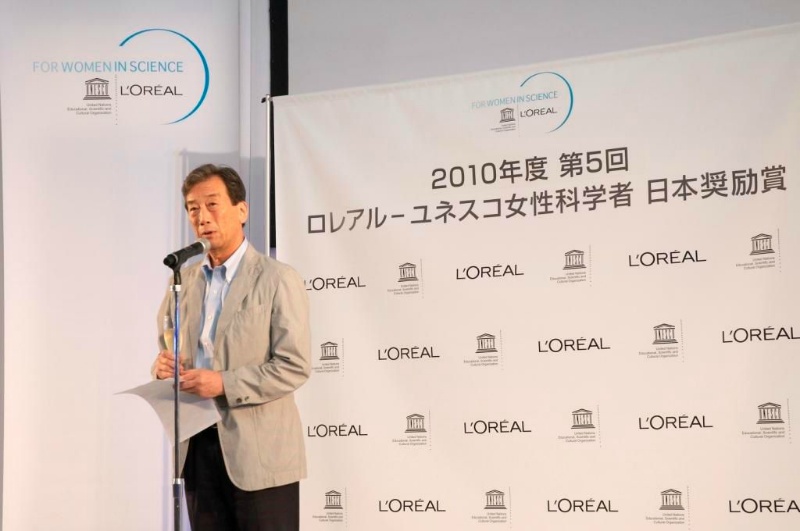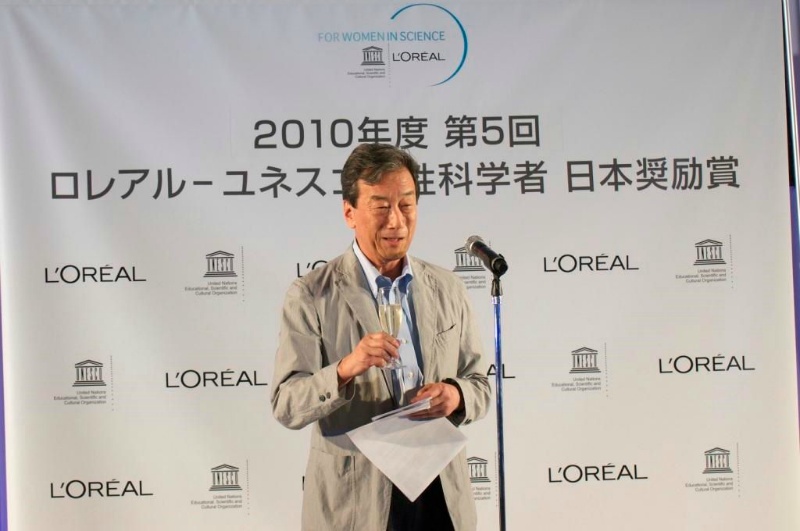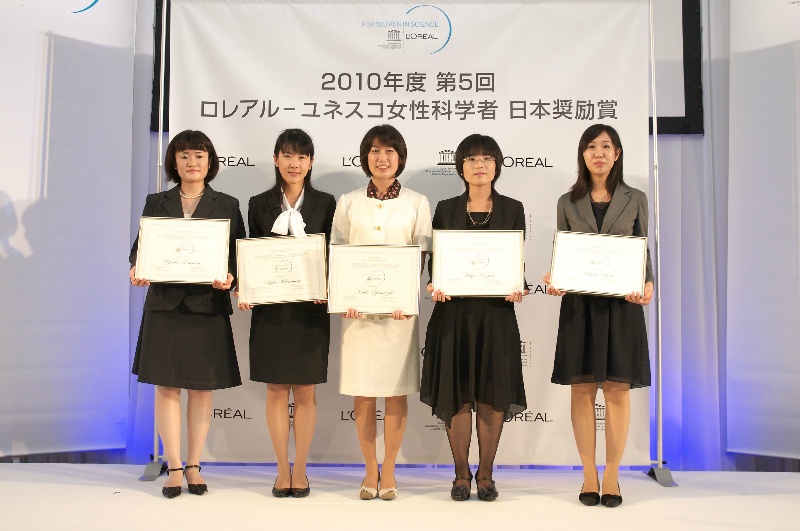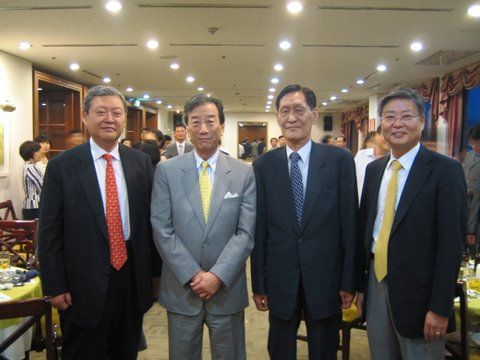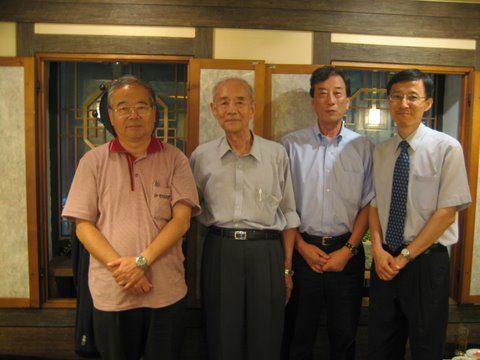I would say that ‘The Economist’ competes for the 1st or 2nd position as the most widely read weekly magazines in economy. This magazine even picks up the issues of its home country, Great Britain with plenty of sarcasms, to report to its people and the world what they need to know. This precisely is the most important and basic mission of journalism, the foundation for its credibility. The Economist has its own ‘unique, cool’ style in writings, titles, figures and charts which makes it so special and unsurpassable.
Those, I think, are the reasons why The Economist or Financial Times are so highly evaluated, being read by business people throughout the world. In short, their works are professional.
Japanese journalism is quite different here. Basically it is rather on the establishment side as you see for example by the system of members only ‘Press Club (Kishya Kurabu)’ and their reports are in large part targeted to Japanese only, i.e. mere 2% of the population of the whole world. It is a matter of course then that journalism of the ‘global age’ will not develop in such circumstance. I doubt that they (Japanese journalists) have such ambition to be global in the first place.
I have recently introduced to you in my blog one of the articles of The Economist and here I would like to call your attention to a good sarcasm in the article (1) and another in the ‘On-line’ edition (2).
Please refer to the original for the full text but:
In (1), the subtitle is striking; ‘Food for zombies’(click here for Japanese translation of the article). They write how Japanese government endlessly supports not well performing big companies, and new enterprises hardly emerging, so many no-good companies survive, thus only to become ‘zombies’. This is a keen observation which I totally agree.
In (2), the title is; ‘The civil service serves itself’ describing the irresponsible current mechanism and governance of Japanese bureaucrats or civil servants; they enjoy ‘Descent from Heaven (Amakudari).’ Spending huge amounts of public money for themselves.
The world is noticing the reality of Japan. What will become of our national credibility?
These days politics seems to be occupied with nothing but their struggles within the party. Our country is having 5 prime ministers in 4 years – an outrageous nation (Tondemo Kokka) – are we going to have the 6th prime minister beginning later this month?
What has become of the elites of ‘intellect’ of this nation (Ref.1); ‘legislators, governments, industries’ and ‘academics’, I wonder?
Don’t they care any more about the people of Japan?
